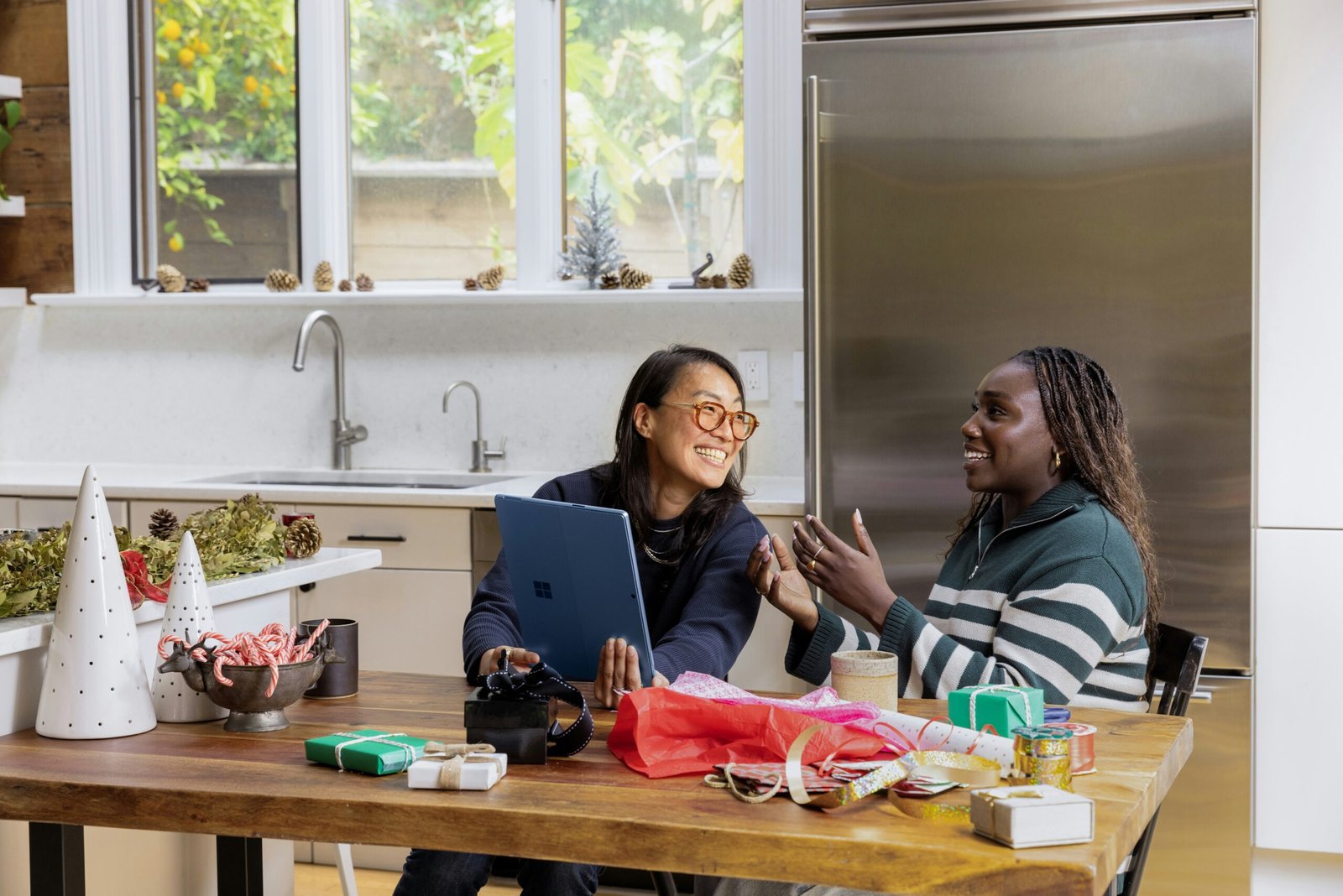Friendship is a relationship that everyone needs in their lives. However, being friends with someone is more than just enjoying someone’s presence. It takes effort and knowing how to be a good friend. Whether you want to improve your old friendships or start new ones, knowing how to be that dependable and good friend will help you form better relationships.
Here are eight easy ways that you can become a better friend. All these tips are simple and will allow you to improve your friendships. They range from basic communication skills to supporting your friend during hard times. If you want to know how to be a good friend, continue reading!
1. Be a Good Listener
The first step to being a good friend is learning how to listen. When your friend is talking to you, you should be giving them your undivided attention. Put your phone away and turn off the TV. You shouldn’t be thinking about what you are going to say next.
Allow your friend to talk to you about what’s on their mind. When you actively listen to your friends, you are telling them that you care about their opinions.
Show your friend that you are listening to them by bobbing your head or saying “mmhmm.” If they are telling you something important, take time to process what they are telling you. Don’t jump right to giving them advice or saying that you’ve been through the same situation.
Read Also: 50 Relaxing Things to Enjoy During Your Me-Time
2. Be There for Them During Tough Times
Friendship is all about spending good times with each other. You go out, laugh together, and create memories that will last a lifetime. But being a good friend means staying by their side during hard times as well. If your friend is going through a struggle, be supportive however they need you to.
Sometimes all they need is someone to talk to. Let them know that you are here for them if they need anything. You can show your support in many different ways. A great place to start is by asking them how they feel.
Ask questions and let them speak to you about what they are going through. Your friend will know that you care by you doing this. There will be times where you don’t need to say anything. Simply listening to your friend can be helpful as well.
You should also send them a text or message every now and then. Send them a few words of encouragement. Everyone enjoys hearing that you care about them, even if you can’t be there for them in person.
Read Also: 12 Effective Tips to Stay Calm and Manage Your Anger
3. Celebrate Their Successes

Celebrating your friend’s success is a great way to be a good friend. When your friend accomplishes something that they’ve been working hard for, take the time to celebrate with them. You may be wondering how you should celebrate your friend’s success.
You should compliment them! “I’m proud of you” can mean the world to your friend. Remember that their idea of success may be different from yours.
To you, buying a new phone may be simple. However, your friend may have been saving up for that phone for years. Let them know that you care about how they feel by acknowledging the effort they put in.
You should also plan something to celebrate with your friend, whether it is going out to eat or catching up over coffee. The point is to show your friend that you care about them and their accomplishments.
Read also: 10 Effective Coping Skills for Managing Tough Emotions
4. Be Honest and Open With Them
Being honest with your friends is another way you can improve your friendship. When you are completely honest with your friends, you and your friend will have a strong friendship based on trust, respect, and understanding. You should always feel comfortable expressing how you feel to your friends.
If something is bothering you, let your friend know. You’re not being rude by telling your friend how you feel. You are simply being honest with them.
Being honest with your friend can help you both grow as people. If something happens that upsets you, instead of holding in your feelings, take your friend out to eat or talk about what’s bothering you.
Use “I” sentences when you talk to your friend about how you feel. Saying “I felt hurt when you…” can help your friend understand your point of view without feeling attacked.
Sharing your feelings with your friend will allow them to open up to you as well. You both can build each other up by being honest with each other.
5. Respect Their Boundaries
Every friend has different boundaries when it comes to sharing. Some people may feel comfortable sharing every detail of their life with you, while others may not want to talk about certain things at all. It is important that you pay attention to your friend’s cues and be mindful of their needs.
If your friend asks for space or doesn’t want to talk about something, you should be willing to accept that and not push them for an answer. Showing your friend that you respect their boundaries is a great way to show that you care about how they feel.
6. Spend Time Together
Friendships take work and effort. One of the best ways to better your friendship is by spending time with each other. Doing things that you both enjoy will not only strengthen your friendship but also allow you to make memories that you will treasure forever. “I don’t have enough free time,” you might say.
However, you can always make time for small talk. You should plan to hang out with your friends once a week. You both could play board games, watch movies, or start a hobby together.
Doing this allows you to relax and have fun with your friends. You can also learn more about each other by talking and building trust. Another reason you should spend time with your friends is because you never know when you’re going to need them.
If one of you is going through a hard time, you want your friends to be there for you. You can only be there for your friend if you spend time with them.
7. Communicate

In order for you to have a good relationship with your friends, you have to keep in contact. Life can get busy, so you may lose touch with your friends. But by constantly communicating with your friends, you can stay close.
You can send your friends texts, call them, or use social media to check in with them. Here are some ways that you can communicate with your friends:
Texting your friends is a great way to stay in contact. You can send them good morning texts, funny pictures, or just say hello. Not only is this convenient, but you can text your friends anywhere and at any time.
Giving your friends a call is another way to keep in contact. Hearing your friend’s voice will let them know that you care about them. You should make sure to call your friends every now and then to check up on them.
8. Be Understanding and Forgiving
Let’s face it. You and your friends are going to disagree on something at one point, or you may accidentally hurt your friend’s feelings. Things happen—we are human after all. That is why it is important to be understanding and forgiving of your friends.
If something happens that your friend needs to talk about, sit down with them and talk about what happened. Then tell your friend how you feel about the situation.
Try to see things from their perspective. Putting yourself in their shoes can help you feel empathetic toward them and the situation. After you both forgive each other, you will feel closer than ever. You shouldn’t hold any grudges against your friends.
Remember how important your friendships are to you and what they mean.
9. Encourage Them
A good friend will always encourage you to follow your dreams and try new things. By encouraging your friends, you will help them become the best version of themselves. Pushing your friends to step out of their comfort zone will allow them to find the courage to do things.
Whether they decided to join a club, get a new job, or just started practicing for an audition, they will need someone to cheer them on, and you will be that person for them.
Imagine how good it would feel if your friend told you that they had an audition. You told them you believed in them and sent them off to conquer the world. Let your friend know that you are proud of them for pursuing their dreams.
There are so many ways that you can encourage your friends. You can send them a text asking how their practice went or even attend the event to show your support. You can even offer to help them practice if they need someone.
The point is that you want your friend to know that you have their back no matter what. When you encourage each other, you will make each other want to chase your dreams with no fear.
Save the pin for later
Save the pin for later



